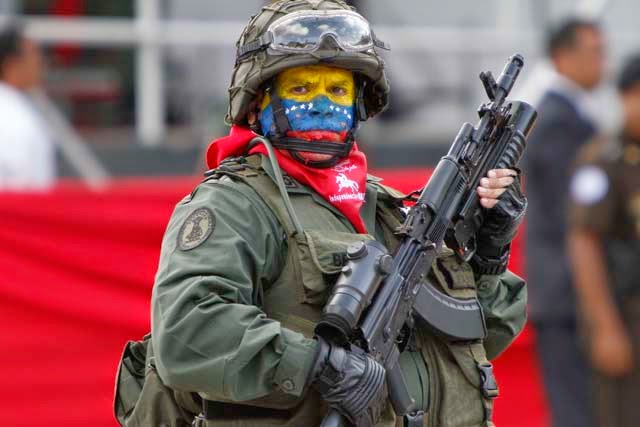
On the road of corruption, there must often be a mechanism or legal shield in order to protect past crimes by individuals, parties or governments that have had their hands in the public purse for their personal gain or that of their party.
Silence may not protect high ranking politicians and corrupt community leaders from prosecution if public outrage and activist judicial authorities are able to break through the barrier of silence and power and find those who have committed crimes against the public interest. Brazil is an example where the powerful have been tied to corrupt practices, and while not a perfect and wholly agreed upon solution, moves towards de-legitimizing corruption in Brazil has begun.
Often the concentration of power to one individual or party comes with the presentation of actions that will improve the public good. Altering an election system to make individual votes more balanced is something that any citizen of any country would approve of, but when it installs one party and one President or Prime Minister indefinitely by legal means, it de-legitimizes the law and assures that a small cabal of powerful people has almost total control of the society with no effective means to remove them from power. In many cases, these actions come on the heels of issues linked to corruption or are formalized in a manner that protects powerful politicians from being subject to transparency.
Another abuse of power that often follows this normalization of corruption is that opposition to the government change in policy is labelled and ostracized so they lose legitimacy in their perspective, or in some cases are outright arrested for working against the state itself.
There are no true international mechanisms to assure that elections will not install corrupt governments when the national legal framework is changed to suit the powerful few over the public. An international standard of legal alterations that would avoid the absolute corruption of a legal and political system would be useful, but would require unified and legitimate political will.
Venezuela as a case in point has legalized a committee that will change their constitution to make it into one that permits a concentration of power into a one party state. Protests have been met with violence, and with the current government’s stockpile of advanced weapons over the last twelve years, there is a good chance that Venezuela will resemble the 2009 mass protests in Iran, with their own Neda and silence from the international community. In 2017, it seems as if international crimes and the natural response to promote justice are limited by illegitimate legal power in places like Venezuela, and silence from most international media while local media is threatened and imprisoned.
This combination guarantees that the worst elements of dictatorships almost always succeed in our current generation.